Source: Qatar News Agency (QNA)
With funding from the Qatar Fund for Development (QFFD), the Qatar Red Crescent Society (QRCS) has launched an integrated emergency response to cholera in Yemen. The initiative aims to enhance the medical capacity of 26 medical facilities to control the epidemic across six governorates, at a total cost of QR 1,825,000.
To ensure effective and impactful intervention, criteria for selecting target locations included epidemic prevalence rates, overpopulated areas of high response priority, and the most affected population densities in Amanat Al-Asimah, Sana’a, Taiz, Hajjah, Al-Hudaydah, and Dhale.
The three-month project includes:
- Operating five diarrheal treatment centers (DTCs).
- Establishing 21 oral rehydration corners/therapies (ORCs/ORTs) to provide treatment, prevention, referral, and health awareness services at the target facilities and nearby communities.
- Supplying medications, medical supplies, hygiene/sterilization tools, and rapid test kits.
- Funding staff remunerations.
- Providing health education training for volunteers.
- Distributing water purification filters to 200 families.
An orientation session was held to familiarize the project management and field personnel with the project’s details and activities, which encompass purchasing and supplying medical solutions, medications, supplies, and equipment; providing cleaning, sterilization, and rapid test tools; funding health staff remunerations; training health education volunteers; patient referrals; and distributing water purification filters and hygiene kits, in coordination with the Water and Environmental Sanitation Cluster and UNICEF.
Earlier this year, QRCS implemented another emergency cholera response intervention, which included creating or supporting ORCs/ORTs, providing medications, medical supplies, operational expenses, health worker remunerations, and referrals, as well as promoting health awareness at five medical facilities in Mabyan District, Hajjah Governorate, northwestern Yemen.
At a total cost of $33,000, this previous three-month project helped treat 6,125 patients with acute diarrhea.

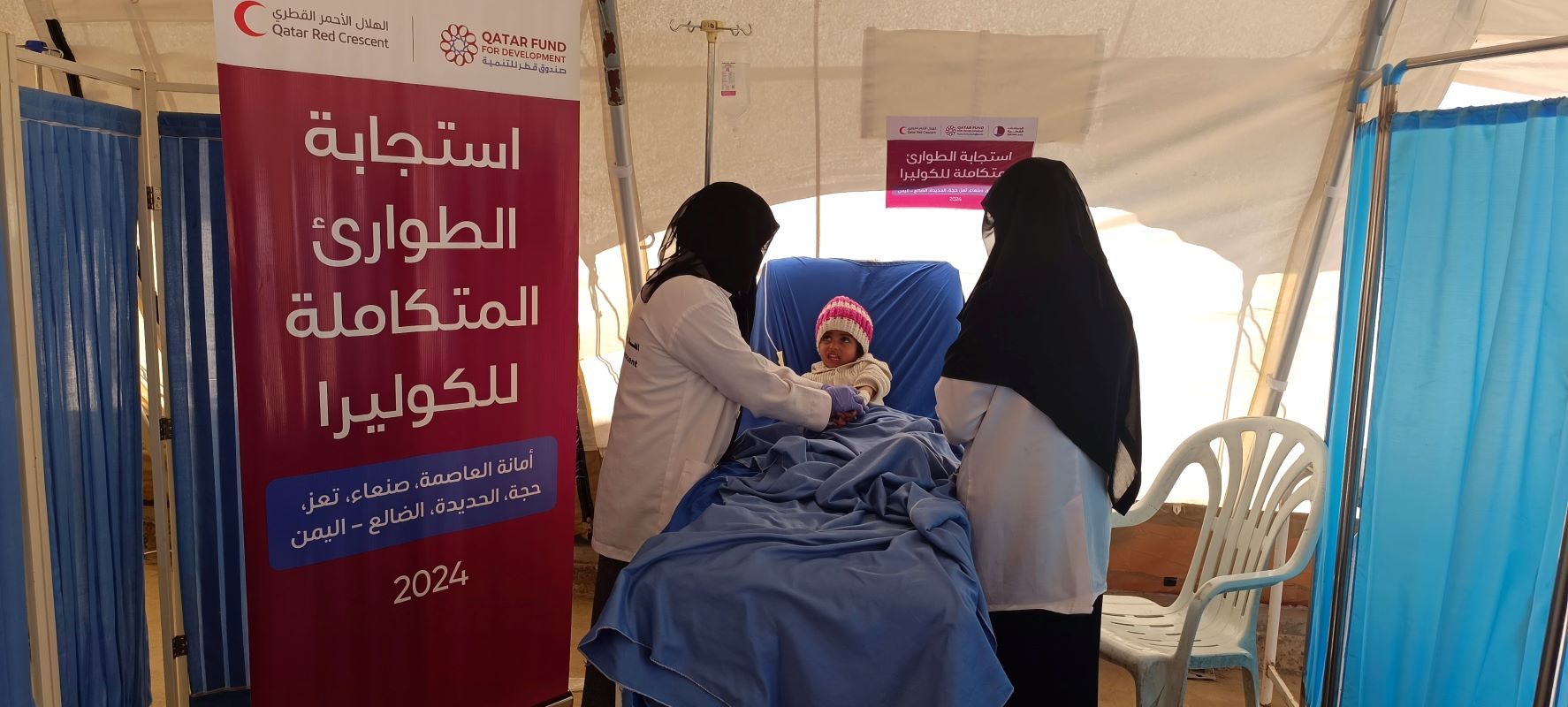
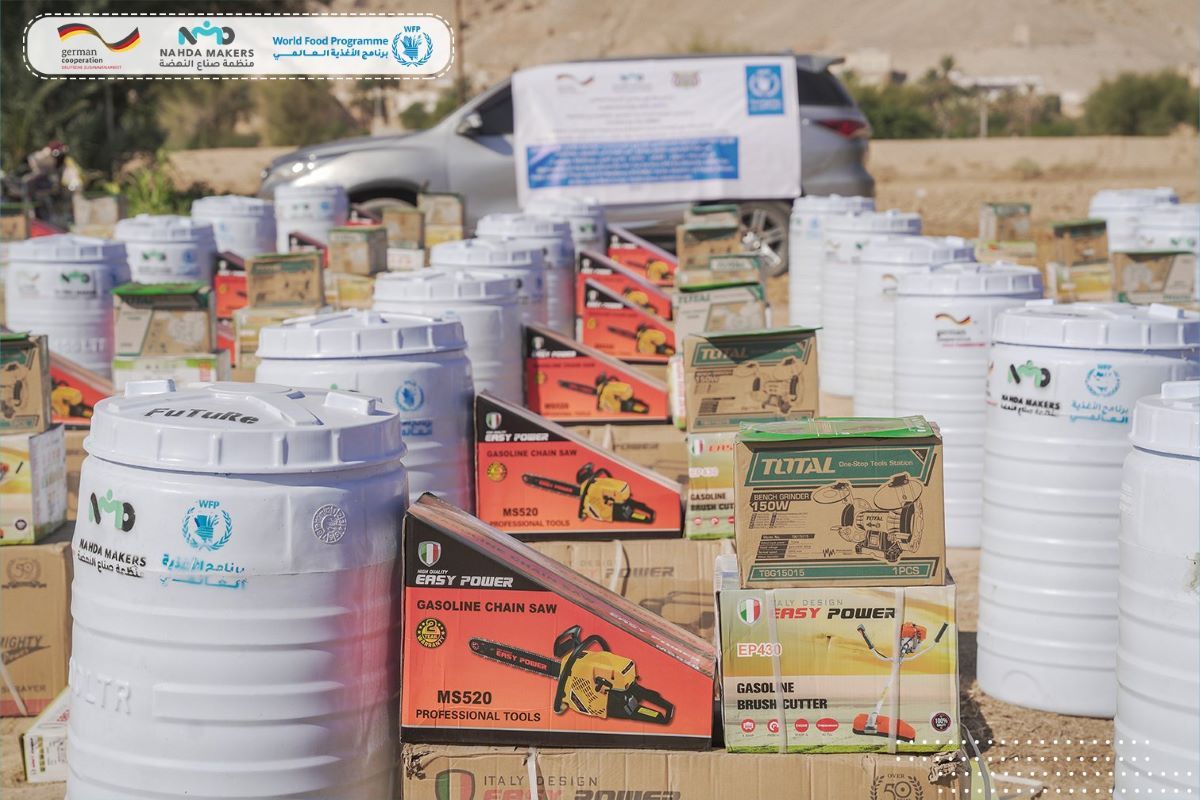
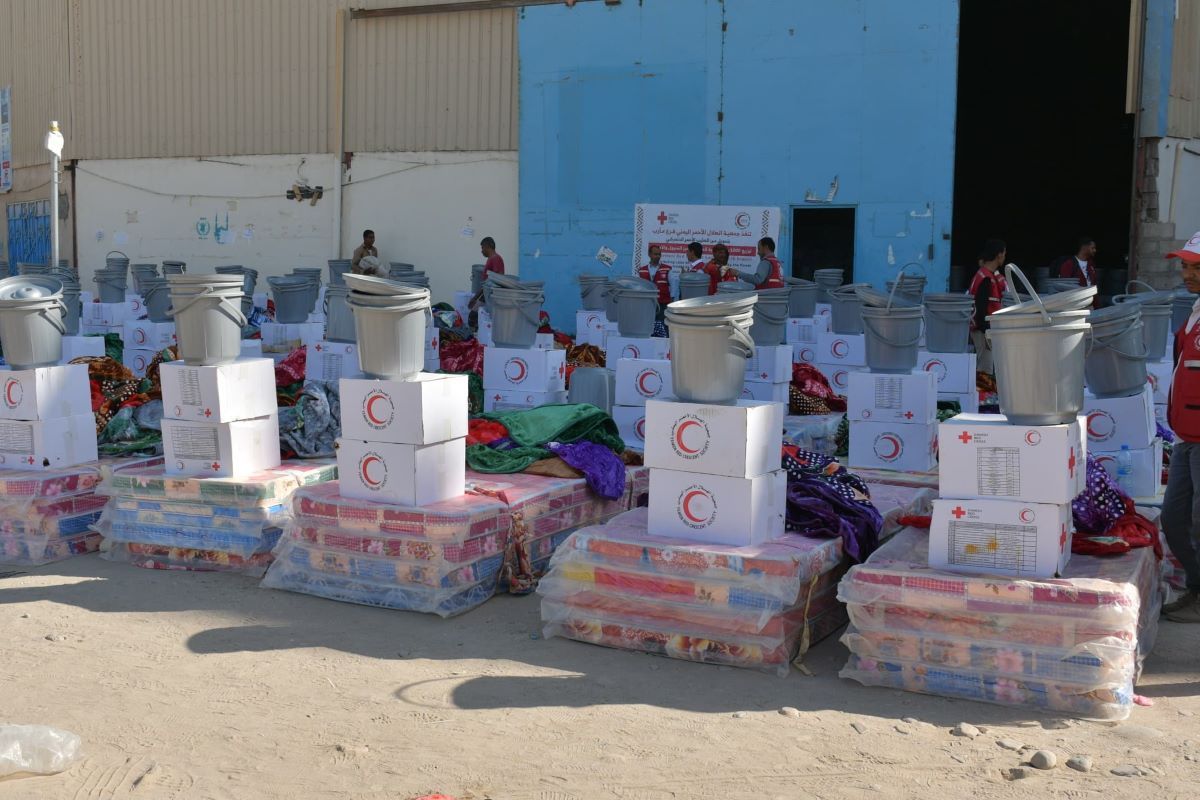
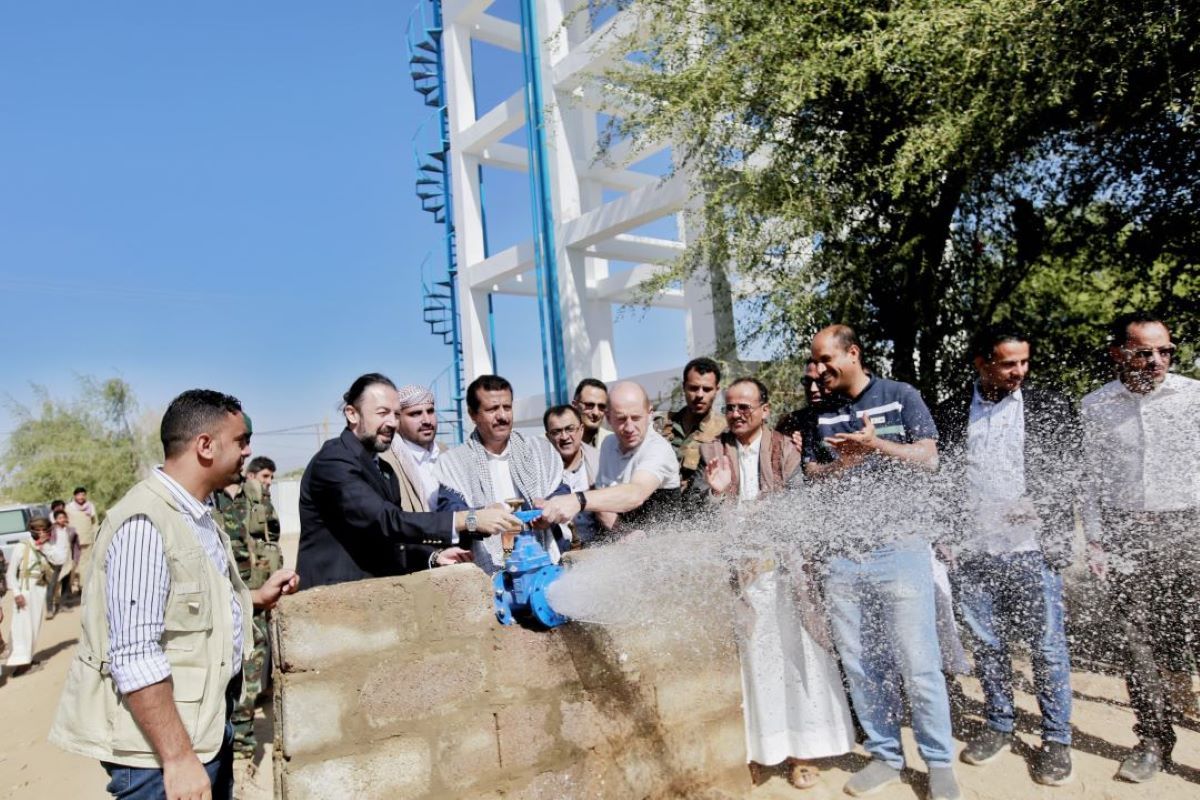

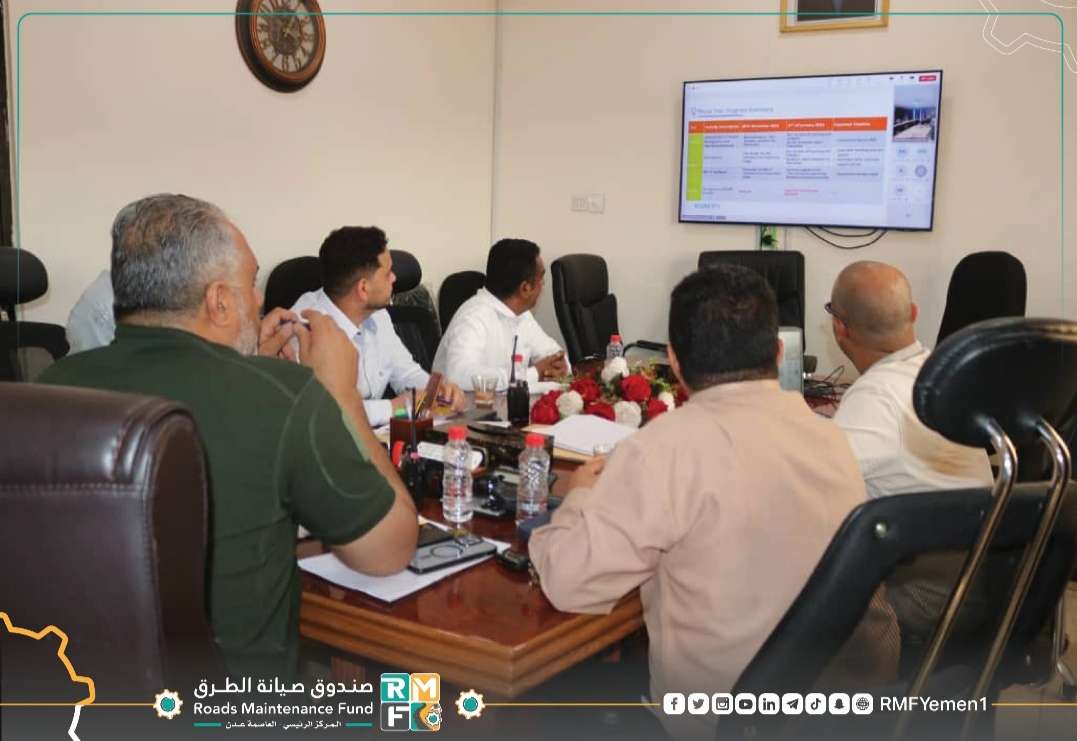


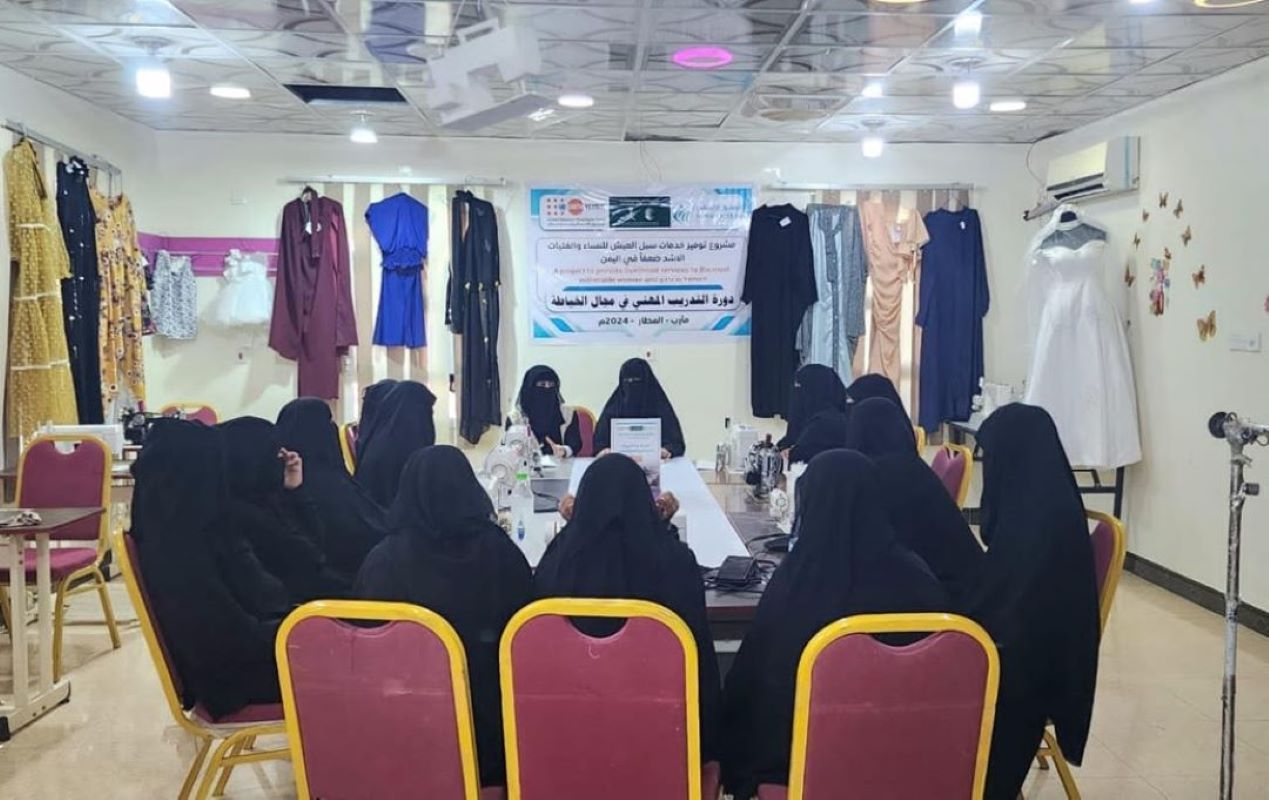

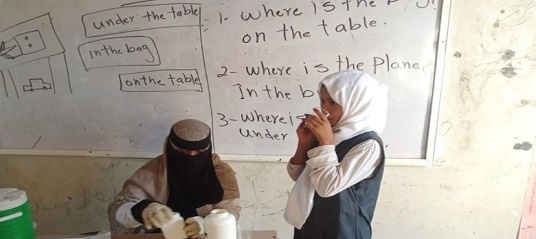
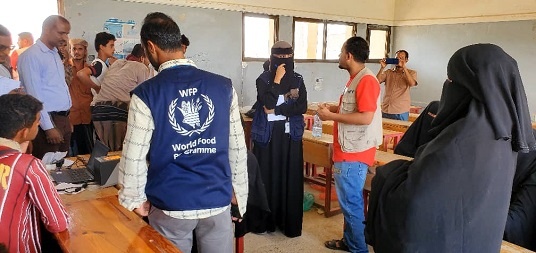
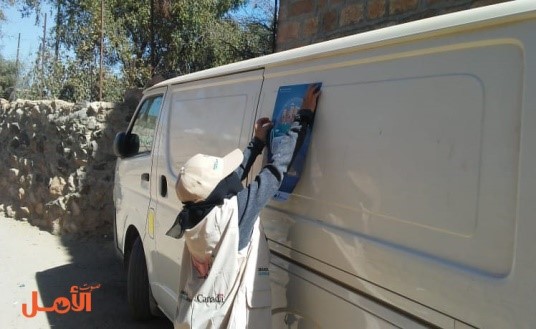
LEAVE A COMMENT